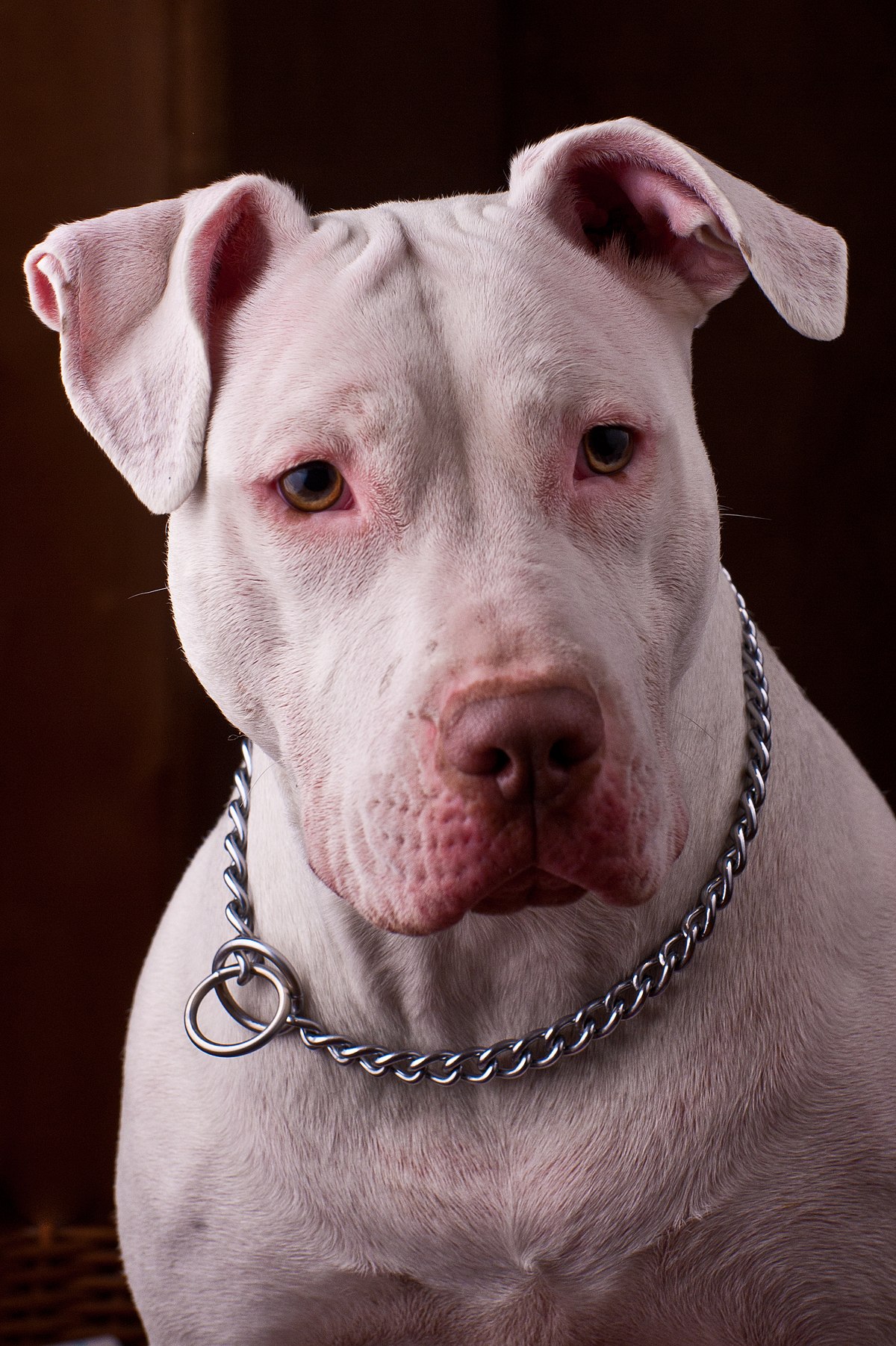Pitbull Ethnic: Understanding The Cultural Significance And Misconceptions
Pitbull ethnic is a term that often raises eyebrows and prompts questions about the cultural and social implications surrounding this unique breed of dog. In recent years, pit bulls have been at the center of intense debate regarding their behavior, treatment, and the stigma that often accompanies their name. This article aims to delve into the complex world of pitbull ethnic, exploring their history, characteristics, and the cultural context in which they exist.
As we navigate through the various aspects of pitbull ethnic, we will uncover the reasons behind their reputation, the laws that govern their ownership, and the ongoing efforts to change public perception. The goal is to provide an informative and nuanced perspective that goes beyond sensationalized media portrayals and sheds light on the real attributes of pit bulls.
By the end of this article, readers will not only have a better understanding of pitbull ethnic but also appreciate the breed's role in various cultures and communities. The insights provided here are based on reliable sources and expert opinions, ensuring that the information is trustworthy and authoritative.
Table of Contents
- History of Pitbull Ethnic
- Characteristics of Pitbulls
- Cultural Significance of Pitbulls
- Common Misconceptions about Pitbulls
- Ownership Laws and Regulations
- Responsible Ownership Practices
- Advocacy for Pitbulls
- Conclusion
History of Pitbull Ethnic
The history of pitbull ethnic is rich and multifaceted, tracing back to the early 19th century. Originally bred in England for bull-baiting, pit bulls were known for their strength and tenacity. As bull-baiting was outlawed, these dogs found a new role in American society, primarily in farming and as family companions.
Throughout the years, the pit bull breed has evolved, but its history continues to influence its perception today. Understanding this history is crucial for appreciating the cultural context of pitbull ethnic.
Early Beginnings
- Originated in England in the early 1800s.
- Initially bred for bull-baiting and later for farm work.
- Introduced to the United States by immigrants.
Evolution in America
Once in America, pit bulls quickly became popular as family pets and working dogs. They were known for their loyalty, intelligence, and protective nature. This transition marked a significant change in the breed's image, as they were no longer associated solely with fighting but also as companions and helpers in various capacities.
Characteristics of Pitbulls
Understanding the characteristics of pitbull ethnic is essential for dispelling myths and appreciating their unique traits. Pit bulls are often recognized for their muscular build and strong jaws, but there is much more to these dogs than their physical appearance.
- Temperament: Generally friendly, affectionate, and eager to please.
- Intelligence: Highly trainable and quick learners.
- Energy Level: Requires regular exercise and mental stimulation.
- Socialization: Needs early socialization to develop good behavior around people and other animals.
Cultural Significance of Pitbulls
Within various communities, pitbull ethnic carries significant cultural meaning. In many urban areas, they are seen as symbols of resilience and loyalty, often associated with family and protection. Additionally, they have been embraced by numerous social movements advocating for their rights and acceptance.
Common Misconceptions about Pitbulls
Despite their positive traits, pit bulls are often mischaracterized. Common misconceptions include:
- Belief that pit bulls are inherently aggressive.
- Assumption that they are dangerous to children and other pets.
- Myths surrounding their strength and fighting capabilities.
Ownership Laws and Regulations
Many regions have enacted specific laws regarding pitbull ownership, often stemming from misconceptions about the breed. These laws can vary significantly from one location to another, leading to confusion and frustration among responsible owners.
Responsible Ownership Practices
Owning a pit bull requires a commitment to responsible pet ownership. This includes:
- Providing proper training and socialization.
- Ensuring regular veterinary care.
- Implementing safety measures to prevent accidents.
Advocacy for Pitbulls
Many organizations and advocates work tirelessly to change the narrative surrounding pitbull ethnic. They aim to educate the public about the true nature of these dogs and promote responsible ownership. Efforts include community outreach programs, training classes, and campaigns aimed at reforming breed-specific legislation.
Conclusion
In conclusion, pitbull ethnic represents a complex interplay of history, culture, and social perception. By understanding their background, characteristics, and the advocacy efforts surrounding them, we can begin to change the narrative and appreciate these dogs for the loving companions they can be. We encourage readers to engage in conversations about pitbulls, share this article, and explore further resources to promote a better understanding of this remarkable breed.
For those with experiences or thoughts to share about pitbull ethnic, we invite you to leave a comment below. Your insights could help others understand and appreciate these incredible dogs.
Unveiling The Life Of Paula Dietz: A Deep Dive Into Her Journey
Marisol Yotto: The Rising Star In The World Of Entertainment
PewDiePie Height: Exploring The Height Of The YouTube Sensation



